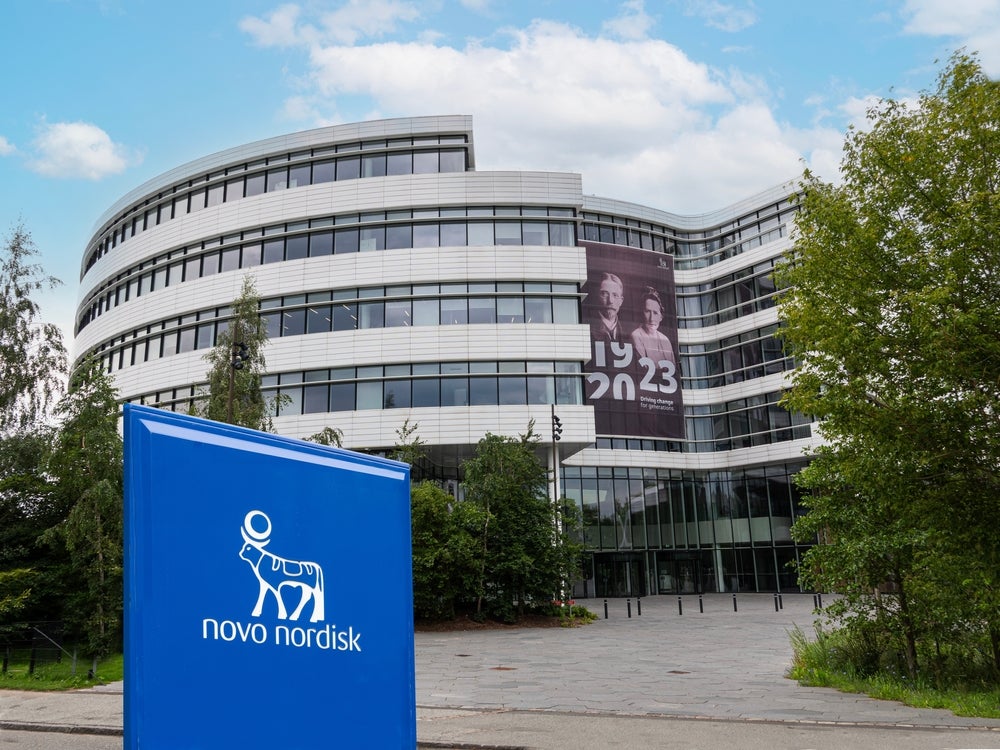
Novo Nordisk has entered into research collaborations with two US biotech startups as it aims to maintain its dominant position in the cardiometabolic disease market.
The Danish pharma company has invested separately in two companies in the cell and gene therapy sector—Omega Therapeutics and Cellarity. Each agreement could be worth $532m in upfront, development, and commercial milestone payments. Tiered royalties on annual net sales of a licensed product have also been included. Novo Nordisk stated it will cover R&D costs, according to a 4 January press release.

Discover B2B Marketing That Performs
Combine business intelligence and editorial excellence to reach engaged professionals across 36 leading media platforms.
After a joint preclinical development phase, Novo Nordisk can decide to advance the programmes into clinical studies.
The two deals are the first announced under the framework collaboration between Novo Nordisk and the venture capital firm Flagship Pioneering to advance breakthrough medicines in cardiometabolic diseases signed in May 2022. Massachusetts, US-based Flagship Pioneering founded both Omega and Cellarity in 2017.
Flagship Pioneering is also working with Pfizer under a deal announced in 2022 that included up to $700m in milestone and royalty payments.
Messenger RNA specialist Omega will focus its work on developing an epigenomic controller designed to enhance metabolic activity by thermogenesis. Omega will aim to reduce weight loss by precisely targeting and modulating gene expression, unlike many of the current drugs that rely on regulating appetite.

US Tariffs are shifting - will you react or anticipate?
Don’t let policy changes catch you off guard. Stay proactive with real-time data and expert analysis.
By GlobalDataThe metabolic activity-mediated obesity treatment space has grown crowded in recent years with Novo Nordisk and Eli Lilly being some of the leaders in this growth market. Lilly spent $494m on partnership with animal genomics-focused Fauna Bio. Roche acquired obesity drug developer Carmot Therapeutics for $2.7bn last month, continuing down the glucagon-like peptide 1 (GLP-1) agonist route.
Novo Nordisk’s collaboration with Cellarity will home in on therapies for metabolic dysfunction-associated steatohepatitis (MASH). There is currently no US Food and Drug Administration (FDA)-approved treatment for the chronic kidney disease, previously known as NASH. Cellarity will use its artificial intelligence (AI) platform to search for novel molecules.
The MASH market therefore has untapped potential, with several companies in the race to market the first treatment. Boehringer Ingelheim intensified its efforts with a $2bn multi-target collaboration signed last week. Madrigal Pharmaceutical’s resmetirom could become the first approved therapy, with an FDA Prescription Drug User Fee Act (PDUFA) date in March this year.
In an announcement accompanying the recent investments, Novo Nordisk’s chief scientific officer Marcus Schindler said: “Both companies offer differentiated and novel approaches, including Omega’s expertise in controlled epigenomic modulation and Cellarity’s deep insights into applying human data and artificial intelligence to the development of new medicines.”




